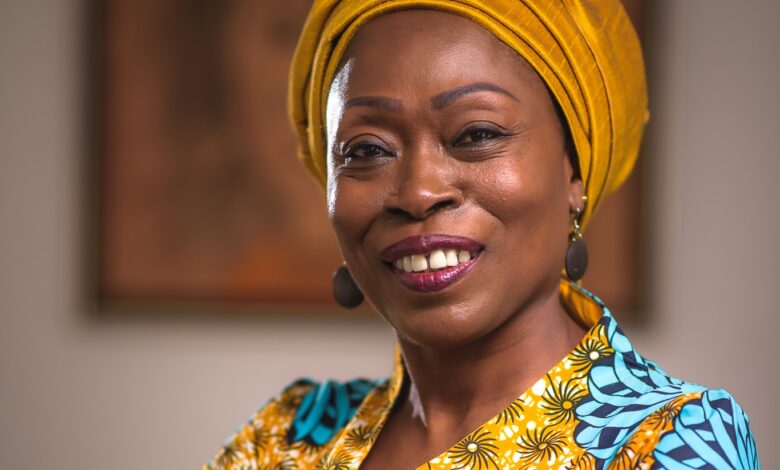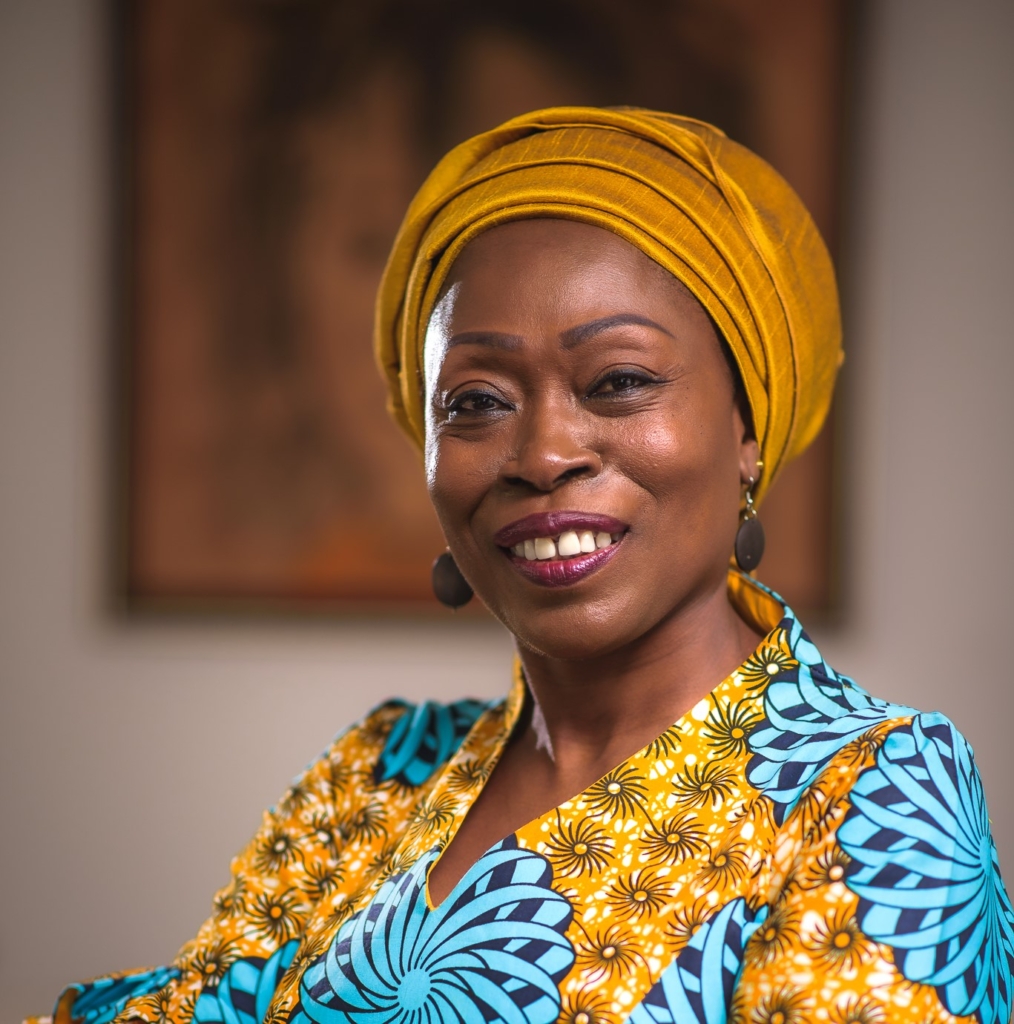LnD Africa 2025 Conference to tackle Africa’s learning and skills gap through innovation


In a bold step to reimagine Africa’s educational landscape, the LnD Africa 2025 Conference is set to bring together key stakeholders from across the continent and beyond to address the urgent learning and skills gaps hindering Africa’s workforce development.
Scheduled to take place from 15–17 October 2025 in Nairobi, Kenya, the three-day hybrid event will be held under the theme “Bridging the Gap: Innovative Learning for Africa.”
It aims to provide a multidisciplinary platform for dialogue, collaboration, and evidence-based solutions to make education across the continent more relevant, equitable, and technology-driven.
In a press statement issued to announce the conference, Margaret Jackson, Convener of LnD Africa, stated that despite notable progress, Africa continues to face significant learning challenges, including rural–urban disparities, outdated curricula, and limited opportunities for adult learning and digital upskilling.
According to her, many workers still lack essential technical and soft skills, while slow adoption of emerging technologies such as Artificial Intelligence (AI) compounds the problem.
With over 60% of Africans under the age of 25, bridging these gaps has become a strategic priority to unlock economic growth and global competitiveness.
The conference will explore critical sub-themes including:
- AI Learning: Transforming education through personalised and automated systems.
- Digital Leap in Learning: Transitioning from chalkboards to mobile learning platforms and chatbots.
- Future-Ready Skills: Embedding critical thinking and digital literacy into curricula.
- Expanding Rural Learning Opportunities: Using radio-based learning and solar-powered ICT hubs to reach underserved communities.
- Bridging Skills Gaps: Aligning education with industry needs through competency-based curricula and apprenticeships.
The overarching objectives of the LnD Africa 2025 Conference are to foster innovation, catalyse regional collaboration, influence policy, and inspire a new generation of learning and development practitioners across Africa.
It is expected to attract over 400 participants from more than 15 African countries, including government officials, corporate learning experts, researchers, EdTech innovators, and development partners.
DISCLAIMER: The Views, Comments, Opinions, Contributions and Statements made by Readers and Contributors on this platform do not necessarily represent the views or policy of Multimedia Group Limited.
DISCLAIMER: The Views, Comments, Opinions, Contributions and Statements made by Readers and Contributors on this platform do not necessarily represent the views or policy of Multimedia Group Limited.
Source link





